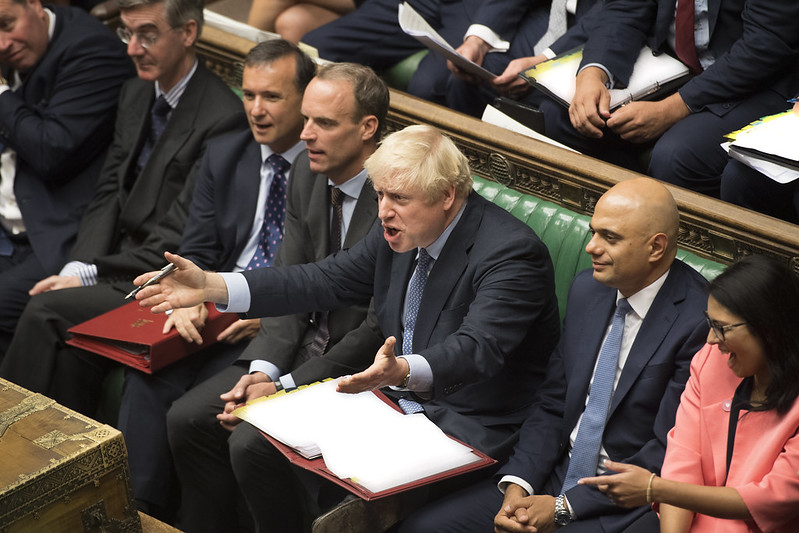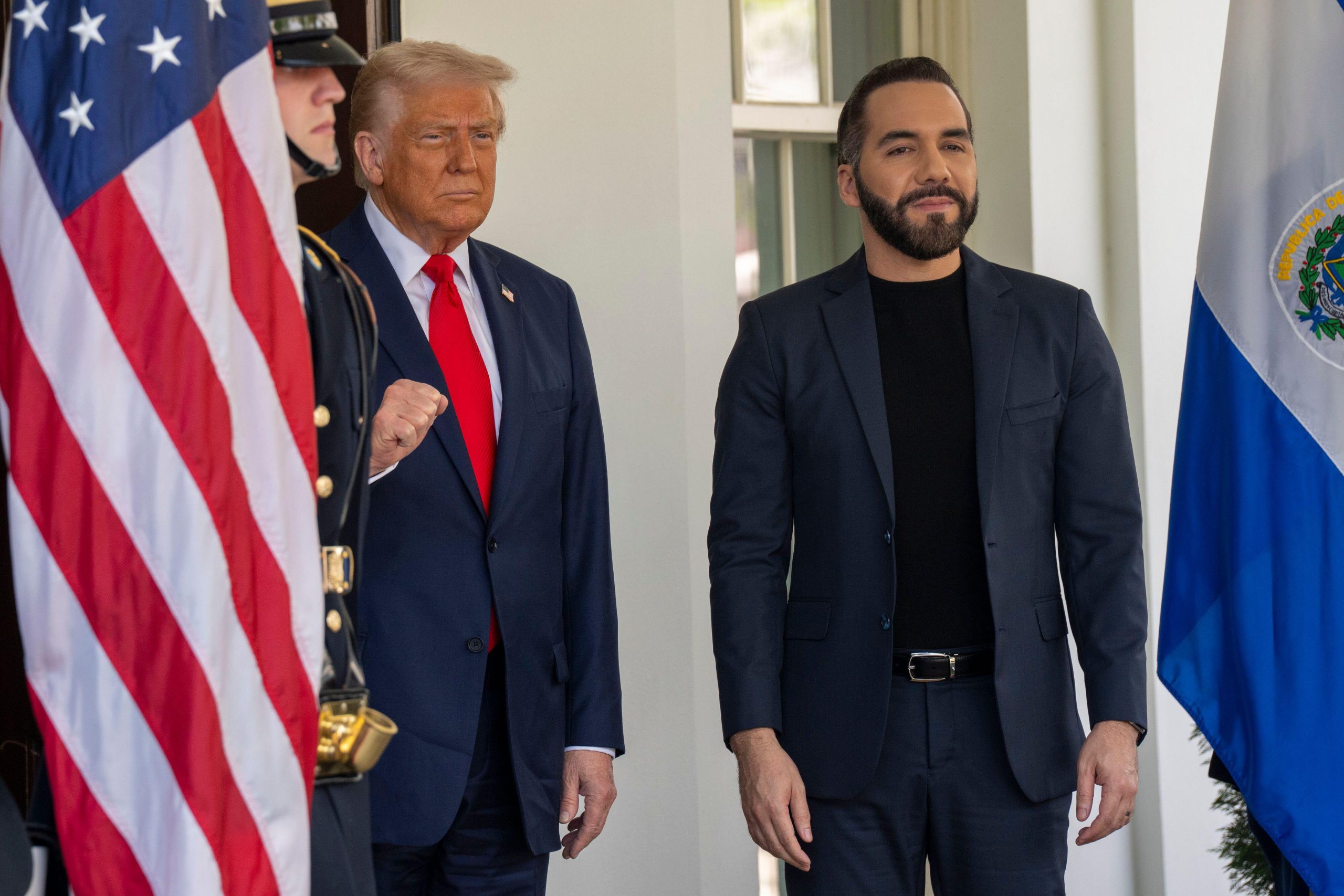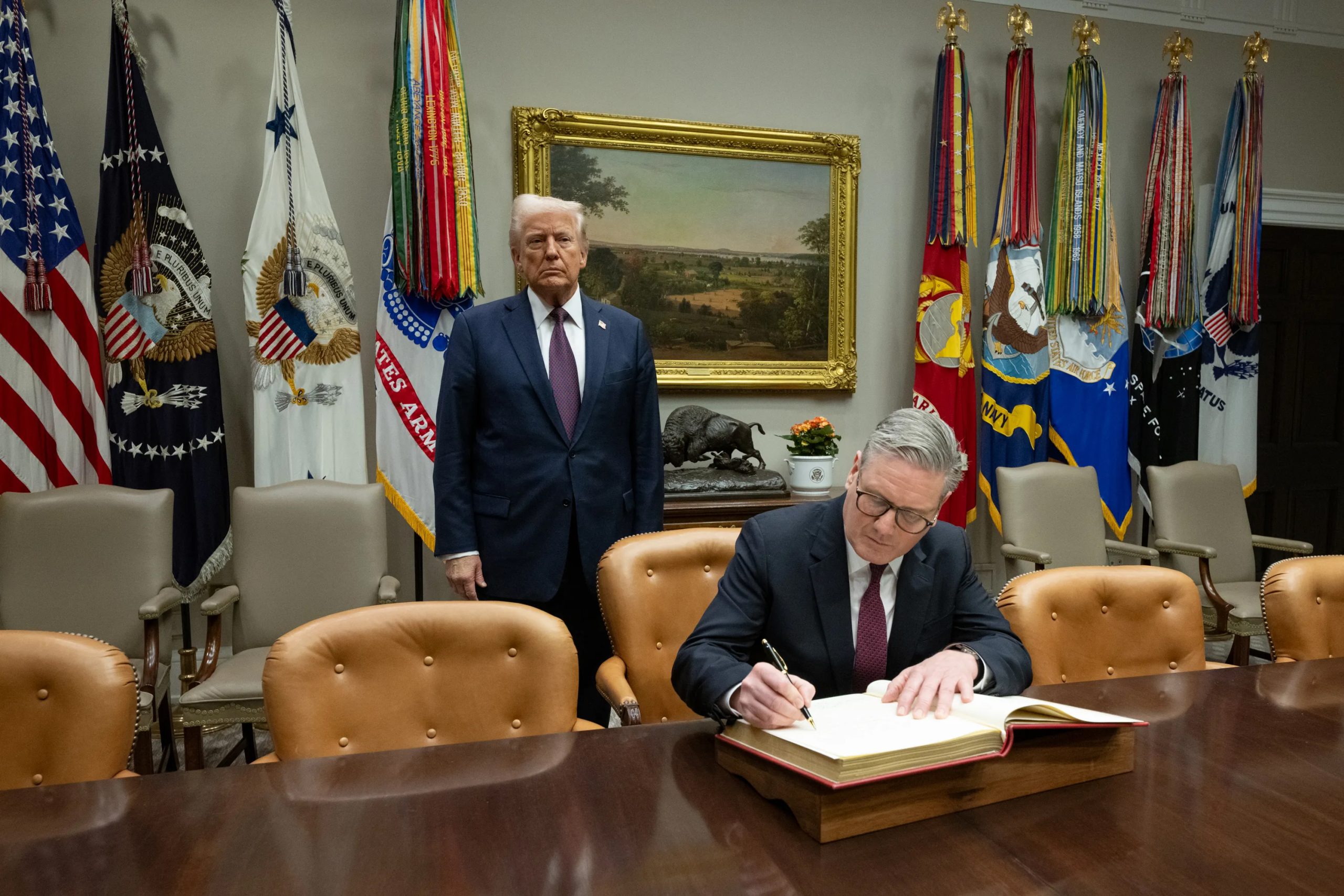In a recent article in Byline Times, Neal Lawson the executive director of Compass, a “good society” cross-party campaign group, asked why the UK government couldn’t just ban lying in politics. This followed a recent commitment by the Welsh Senedd to do just that, before elections in 2026.
Whether it’s Donald Trump in the USA, or Reform party candidates in the UK, right-wing and far-right politicians have been responsible for a surging problem of online disinformation that deepens societal divisions and spreads distrust, in service of their political goals. As an academic expert on information warfare and propaganda, whose parliamentary evidence submissions played a central role alongside journalists and whistleblowers in 2018 in exposing the Cambridge Analytica and Facebook scandal, I too would be happy if politicians would just stop lying. But a ban like this is not the solution – below are my five reasons why.
Difficulties of enforcement
A ban on lying would be difficult to enforce, after all, who would decide what exactly “truth” is, or which “untruth” was deliberate? Whoever has this role would hold far too great a power over political speech. Deciding “truth” could rely on public fact-checkers – but while excellent, these are not infallible. Although some researchers are trying, the intent to deceive is notoriously difficult to reliably and consistently infer.
Implications for speech and abuse
Should the UK parliament implement such a ban, then the threat of being removed from office, barred from re-standing, or convicted of a new criminal offence of deception could result in good politicians becoming overly cautious and policing their own speech. Right now, more than ever, the public needs to see brave and bold politicians who speak their minds in the face of authoritarian arguments, lies and corruption. Such sanctions could create a pressure that is similar to the one that makes a well-meaning press fearful of libel laws and SLAPPs (Strategic Lawsuits Against Public Participation) – these are weaponised by authoritarians and corrupt oligarchs to silence criticism. Banning lying in parliament could just as easily be abused by any future government in order to censor.
Parliament’s role in public debate
Flawed as it may be, in a democracy we work out our issues through public discourse, with a key role played by the media and an adversarial system of parliamentary politics.
Parliament is a forum in which, through evidence and protected speech, voters not only see political issues and policy debated, but also witness the exposure of deceptive politicians bearing bad policies, who they then have the power to vote out. While politicians frequently fail to live up to this ideal, they still play a key role in exposing and challenging the motives of their opponents.
We might not like politicians lying, but stopping lies in parliament won’t stop them elsewhere. We need wannabe demagogues to be able to lie in parliament – in order for these lies to be demolished in public view, through intelligent and compelling argument. We need leaders who model how people can challenge these arguments. This leads and shapes UK political culture and is surely what democracy needs right now. It shows the public the worst and best of what our politicians represent and the capacity to do this builds trust in democratic processes.
Importantly, it also focuses the media on parliament as the centre of political life and shows that politicians are responding to and explaining their position on debates that – like it or not – voters are seeing anyway in the media they consume.
Do we really want politicians to hide behind rhetoric and sleight of hand in parliament, while lies are fed copiously through the media, online campaigns and influencers? Forcing lies out of parliament would disengage parliament from taking on debates in British communities they need to meet head on. The resulting disengagement could change the role politicians play in wider British political life and increase perceptions of their irrelevance and elitism.
Increased media toxicity and polarisation
While politicians themselves may be neutered in the Commons, this won’t stop them and their parties feeding the toxic online discourse. It is a bad idea to leave the dismantling of political lies to journalists alone, given the current financial threats to journalism and growing dominance of social media as a provider of political information.
If populist politicians lie in parliament and face sanctions, they will embrace the opportunity to portray themselves as “martyrs”, suffering “censorship”. They will exploit this in the manner that we have seen modelled in the USA by President Trump and his supporters. Ironically, this could degrade trust in the very institutions of democracy that policymakers are trying to protect.
The colleagues of sanctioned politicians would join in their rallying cry, referring to banned speech, and indeed opinions of parliamentary censorship could hardly be labelled as disinformation – since censorship of a kind would truthfully have occurred.
This would give substantial power to small populist parties to hijack political debate both within parliament over the issue of censorship and beyond it. “Approved” political debate would be portrayed as “elite controlled”. And the implications for public trust in political process would be profound.
This could drive an even more toxic media and online environment than the one we are already facing. Research shows that most people don’t share falsehoods – this behaviour is a feature of declining trust in political systems, and resonance with underlying identities and belief systems. As the public lose faith in parliament, they would be targeted by alternative outlets and social media influencers branded as “uncensored” who push anti-government conspiracy theories while saying they present “evidence” that reveals democratic institutions as corrupt and the system as “rigged”.
Furthermore, a move of this kind could cause others to drop their guard. Importantly, the easily disprovable outright lies a ban might be narrowly applied to, are not the only or even the main way to mislead and manipulate people in politics. After President Trump’s inauguration, much of the US media were too cowardly to describe what most recognised as a Nazi salute by Elon Musk, with the Washington Post referring instead to a “straight-arm gesture”. As with this example, words can be technically accurate while denying an important truth. Building a misleading sense that parliamentary discourse is now de facto trustworthy among voters could reduce necessary scrutiny, scepticism and critical engagement among some voters.
Potentially, this could reinforce polarisation of British society, as urban, educated, middle class, educated voters’ faith in the system is confirmed, while others retreat further from trust in the political system. It fails to deal with the wider problem of propaganda outside parliament for which governments, politicians and private industries share responsibility. Banning lies is a simplistic solution that will miss the majority of attempts to hoodwink, manipulate and deceive voters with propaganda. It doesn’t address the Big Tech coup against our online environment or problems in journalism.
Banning lies attempts to solve the wrong problem
There is an important flaw underlying the logic of a ban on lying. It rests on the assumption that the problem at hand is simply the presence of falsehoods. Politicians have always lied. What this ban fails to consider is the fact that often people are voting for authoritarians or sharing lies in spite of knowing they are false or misleading. In the USA case, the problem isn’t necessarily that all Trump voters believe everything he says is factual. Some Trump voters like the lying, care more about “authenticity” or feel that, while inaccurate, the “gist” of his claims articulates a deeper cultural truth.
Muting obvious falsehoods within parliament would give the pretence of increased democratic norms and civility, but lies will continue online and it won’t stop the larger cultural narratives within which these lies are implicitly expressed by politicians. Banning lying in parliament would not stop upcoming demagogues deceiving or sharing a brutal, racist, fascist ideology. It will just make it harder for politicians to directly call out and counter the implicit deceptions that remain unspoken within their colleague’s argument.
People reveal their true selves in their deception and the public need to see them do it. Today we are fighting an ideology of fascism, not simply “lies”. This is why we need a bigger discussion about challenging propaganda, fighting fascism and reforming our communication system – not just silencing the most obvious and easily disproven lies expressed within parliament and providing more fuel for the conspiracy machine.






